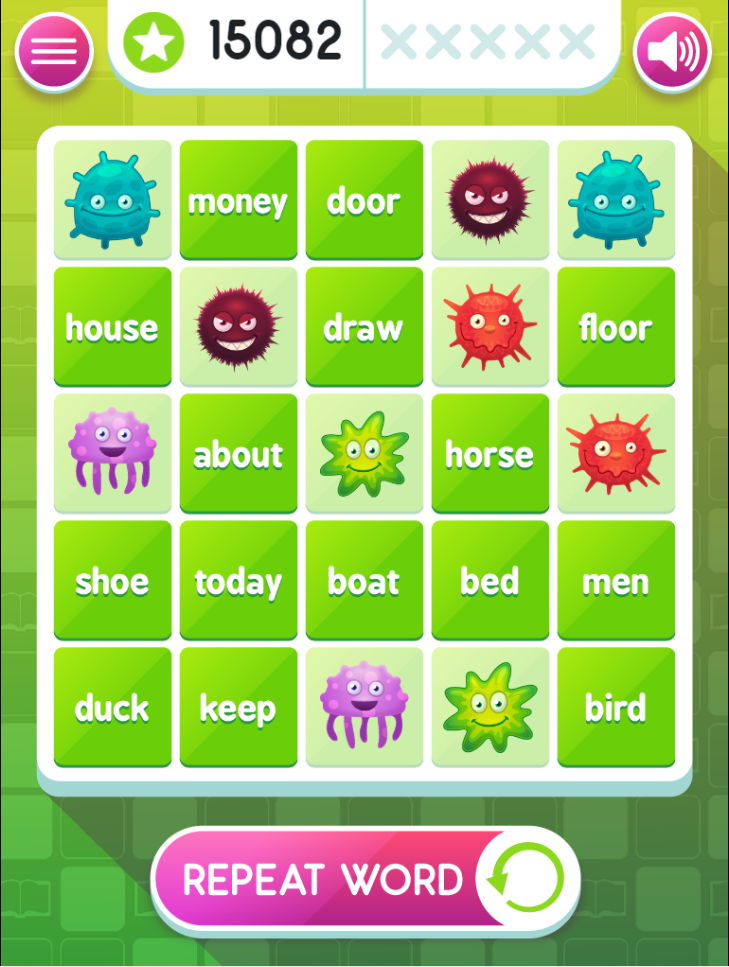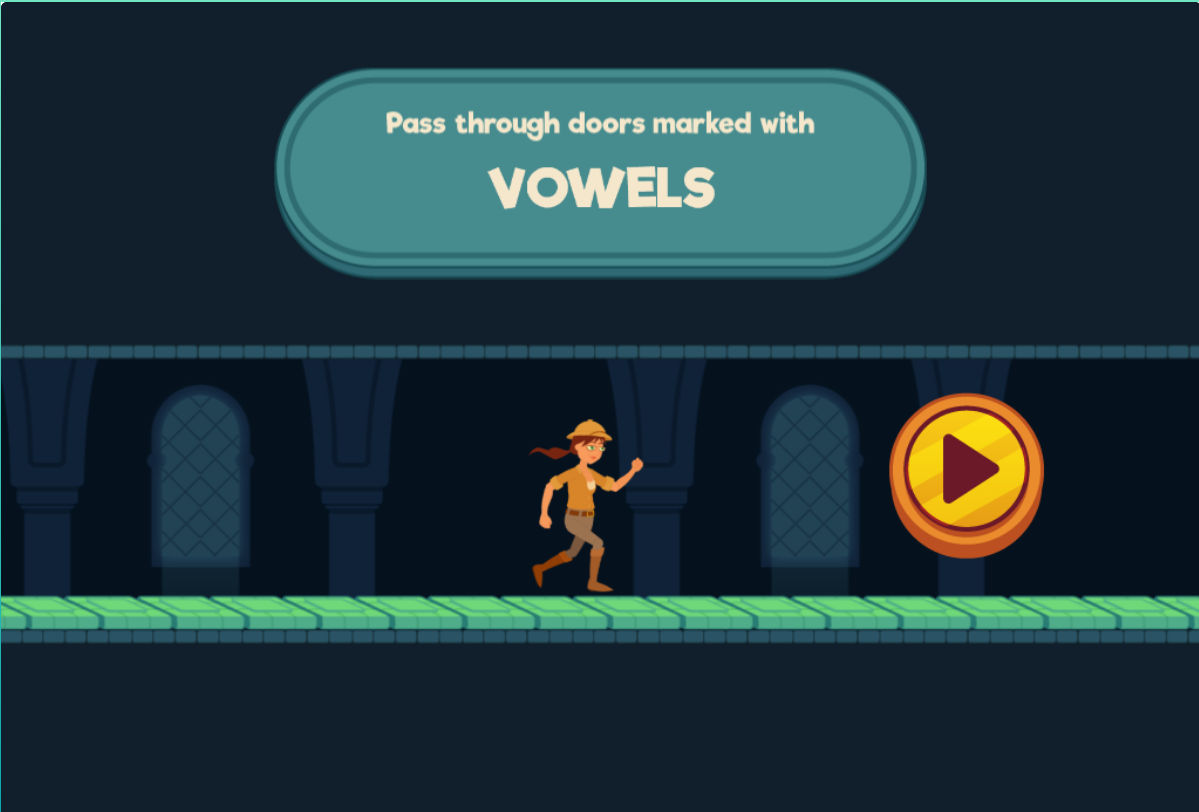Gaming is one of the world’s most popular activities. With more of the population taking part in online games than ever before, a large section of the gaming market is directed at our kids. It can be difficult to know which games are the most appropriate or helpful as there are so many different titles to choose from. In this post, I’m going to be looking at ways to help your kids learn through gaming.
Keeping a safe eye on your kids when gaming online is, of course, a top priority. For this reason, I’m looking primarily at games that can be played online through a browser. Many console games offer cross-platform options that need parental control and customisation before they’re safe for kids to play. With browser games, there’s no need to download or wait for others to join in multiplayer mode. They’re also something you can sit and do together, which helps with a bit of parent-child bonding too!
What can kids learn through gaming?
Gaming can often suffer from a negative reputation when it comes to its impact on children. One of the main issues that can arise is how consuming it can become if kids are playing games repetitively and obsessively. Another issue is that of competitive gaming; ultra-competitive play can often cause real emotional and social issues for young children. Sensible limits should be applied to game time for children in order to avoid this. However, there are actually many positive aspects to engaging kids with games. It’s all a question of balance and making sensible and age-appropriate choices.
There are many skills kids can develop and broaden through playing games. They can have a positive impact on mental health and wellbeing, as well as on their cognitive development. For example, through gaming, children can:
- Develop problem-solving skills
- Understand and demonstrate good sportsmanship
- Build persistence and determination
- Boost and build memory
- Improve spatial navigation and reasoning
- Develop logic and visualising in 3 dimensions
- Improve reading and spelling
- Engage with emotional reasoning and decision-making
- Find ways to cope with stress
It goes without saying that these skills are dependent on the type of games being played. Encouraging your kids to access a broad but age-appropriate range of games is a great way to help them develop a strong toolkit for learning and development.
What kind of games work best?
Some of the best online games for helping kids learn are ones that are simple, and fun and avoid establishing addictive patterns of play. I tested out some different browser games with my eight-year-old daughter and found some firm favourites for helping her learn. Check out some of our top choices below.
Zombie Typing
We started off with Zombie Typing. This one is a really fun way of helping your kids improve both their spelling and their typing. One thing my daughter kept saying during homeschooling over the last couple of years was how much she wished she could type as quickly as I could. This fun little game aims to boost typing speed and spelling practice.

Type out the words that the zombies bring out, using the correct spelling before they eat you! It’s that simple, but it’s really good fun! It can be a bit tricky, to begin with, especially for children who aren’t used to working with a keyboard, but it’s really good practice for them. My daughter definitely found this challenging to start with, but it helped her build her persistence to beat each level. As a result, I was able to help her use more than just her index finger to type, which was a big step forward for her.
Sight Word Bingo
This is a cute word recognition game that can help your kids develop their spelling skills. Words are read out and you need to select the correct spelling of the word from the bingo board presented. My daughter really enjoyed Sight Word Bingo, however, it was a bit more of a challenge for her as the voice reading out the words had an American accent. This definitely made it trickier for her to identify some of the spellings at times.

On the whole, though, she really enjoyed collecting the reward bugs for completing the grids and it was obvious that she was applying her knowledge of spelling rules to help her identify the correct words.
Adventure Man And Danger Dame Dungeon Dash
These games have a number of variants around spelling, numbers, shapes and colours. They have a very typical adventure game feel as well which my daughter particularly enjoyed. We started off with the letters version of the game and my daughter really got stuck into identifying vowels!

Adventure Man And Danger Dame Dungeon Dash games are good mental warm-ups for kids because they appear fairly straightforward but test the fundamentals of spelling, numbers, shape and colour. They’re a good way to ease into some of the more challenging games available too. I wish I’d known about these during the early days of homeschooling!
Clear It Addition
We also really enjoyed working through the Clear It Addition and later the Clear It Multiplication games. These were great for underpinning addition strategies and had my daughter working on her mental recall of number bonds really well. I found these to be especially helpful when working together with her to support her confidence in maths.

The aim is to clear the tiles on each board by combining digits to reach the target number. You can only click on adjacent tiles so you’ve got to use mental recall of bonds as well as knowledge of number patterns to find the right combination. You get extra points for clearing the board before the bonus timer runs out, and for using starred tiles in your number sentences.
This game was really quite engaging and challenging for my daughter as the target numbers got higher. It’s definitely one I’d recommend for a bit of a booster of mental calculation skills.
Hidden Object And Spot The Difference Games
These are simple games that actually really help to build memory and improve visual recognition and recall. They’re good for relaxation as well, so are ones that I’d definitely put in towards the end of a gaming session, to help kids wind down. This is often an aspect of gaming that gets overlooked when it comes to kids and games. There’s a lot of excitement and adrenaline that can come into play when kids engage in the challenge of a game.

It’s just as important to find ways to channel that excitement into calming down afterwards! If we’re treating gaming as a learning activity then the cool-down is just as important as the warm-up. Always take time to find some games that can provide relaxation after all that mental stimulation. My daughter particularly enjoyed this Barbie You Can Be Anything Spot The Difference game after doing several rounds of mental maths.
How long should gaming activities be?
When it comes to online gaming, sensible limits should always be encouraged. However, if you’re supervising games like these, which help kids learn, you can use your best judgment. Obviously, you don’t want them to get fatigued or become disinterested. For me, shorter bursts of gaming sessions early in the morning work best.
As the day goes on, kids get more tired so to try and get them to learn through gaming may be more difficult. I find that mornings, on a weekend, for example, are a good time to set up the laptop and give my daughter a few rounds of some of the games I’ve mentioned above.
It’s important to let kids try a range of games from the available selection. However, I’d suggest going through some of the different games and pre-selecting a few beforehand, so the options don’t become overwhelming. This will also ensure the games you choose will have a learning-based element as well as a fun side to them.
Do you think gaming can benefit kids’ learning?
I’d love to hear your thoughts on this topic. Have you used online gaming as a way to engage your kids with learning? Did you know there was such a wealth of free online browser games to use with your children? If you decide to give any of these a go, I’d love to hear about how you got on.
I find these games especially useful during a half-term holiday or on a weekend when it’s hard for us to get outdoors. They’re definitely a bit of an improvement from having her glued to the TV!
Let me know what you think in the comments below. If you’ve found this post interesting or useful, please do share it as well.



